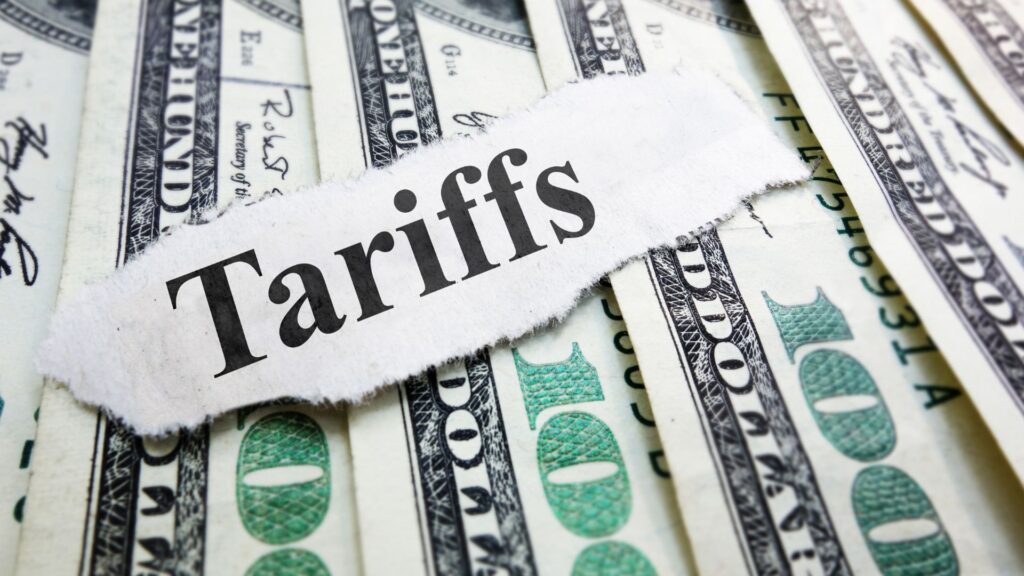Food banks have been in the news more in the last couple of years as more UK households encountered financial hardship during the pandemic. But with more squeezes on incomes including national insurance increases, spiralling energy bills and rising shopping prices, this may be set to continue. If you’re worried about the cost of living and wondering how you can get help from a food bank, here are some of the things it may help you to know.
Who can use a food bank?
In most cases, food banks will offer emergency parcels which will typically include a few days’ worth of long-life food. This is intended for people who are struggling to afford to feed themselves and/or family members.
Many food banks will work on a referral basis, so often it’s not a case of simply turning up and expecting to be given help. Doctors, schools, health visitors and other care professionals can all potentially act as approved referrers, depending on policy.
They may also be authorised to issue vouchers that can be exchanged for food if you’re identified as somebody in need.
How do I gain access to a food bank?
A good first port-of-call to find out the location of your nearest food bank and receive general advice is the Citizens Advice or your local council. These local organisations can provide you with food bank vouchers and offer further support measures if needed. Most food banks also work with housing support officers, children’s centres, health visitors, social services and some local charities.
There may be restrictions on the number of times you’re able to receive from a food bank, depending on the circumstances and location of your referral. However, your local authority may also be able to find further support such as help with nappies, baby food toiletries and sanitary products.
Getting debt help
While food banks are a fantastic resource, it is important to address the causes behind your need for food banks. Your local authority can provide some help or you can seek free online debt advice if you are struggling with debts.
Our online debt help tool is confidential and no obligation meaning you can find the best solution for you at your convenience. Get started today or talk to a member of our supportive team via email, phone, text or online chat.


